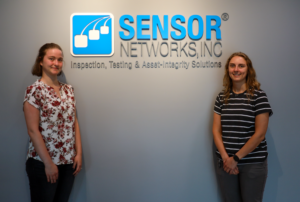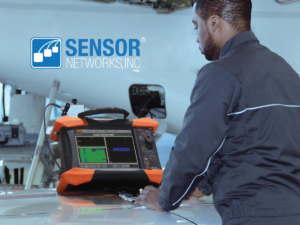 Bob Shaffer graduated from Penn State with a degree in mechanical engineering in 1993 and began specializing in NDT Applications Engineering in 2007. Throughout the last fourteen years, and upon joining SNI’s team, Bob has continued to refine his aircraft engine inspection knowledge and skills.
Bob Shaffer graduated from Penn State with a degree in mechanical engineering in 1993 and began specializing in NDT Applications Engineering in 2007. Throughout the last fourteen years, and upon joining SNI’s team, Bob has continued to refine his aircraft engine inspection knowledge and skills.
Just in the last few years, Bob has pushed himself to design the most complex transducers of his career. Early in 2020, Bob was tasked to find a way to simplify the process of inspecting nickel disks in aircraft engines, an application that required the creation of three complex transducers.
Frequently the nickel disks in aircraft engines must be inspected for defects in the forgings; the inspections look for defects such as inclusions in materials. This process of inspecting disks is laborious and requires maintenance shops to have not only large, expensive immersion tanks, but also highly skilled operators to run the tests – it is an expensive and time-consuming process.
To shorten the time and cost of the inspection, Bob crafted three phased array probes to simplify the process. The phased array probes were shaped to match the contour of the nickel disks and mimic the inspection that previously occurred after the immersion of the disk but in a simplified form. Previously, the process used a small single-element probe that inspected the engine disk as the disk rotated. With Bob’s new design, however, the process could be done without immersing the disk, completely disassembling it, and rotating it.
The disks could now be inspected by three distinctly angled phased arrays. To ensure that the required area of the disk was inspected, the probes were designed to produce 45° Shear to the left CW, 45° Shear to the right CCW, and at 0° Longitudinal.
What made the phased arrays more complex than other arrays Bob has worked on, is that they were contoured to match the shape of the disk. They were designed with a high number of elements to cover the entire inspection volume. For each Array, the inspection could be covered in a single rotation.
With Bob’s design, the phased arrays now do efficient work for the customer without expensive immersion tanks and fewer highly trained employees to conduct the inspection process.
Bob and his SNI colleagues used modern technology to design a new process to complete a common inspection that was timelier and required less expensive equipment than the one used before – and they were successful. As technology is evolving, so should the way we inspect them. At SNI, we strive to help customers inspect their materials in a state-of-the-art, time- and cost-effective way.












